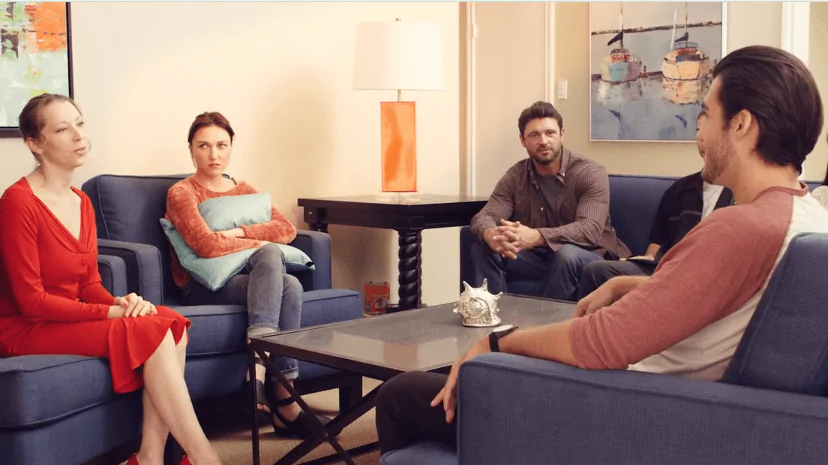24/7 Helpline:
(866) 899-221924/7 Helpline:
(866) 899-2219
Learn more about Bipolar Disorder Treatment centers in Richland County
Bipolar Disorder Treatment in Other Counties

Palmetto Addiction Recovery Center
Palmetto Addiction Recovery Center is an accredited addiction treatment center in Rayville, Louisian...

Rayville Recovery
Rayville Recovery provides affordable drug and alcohol detox and rehabilitation options to residents...











Northeast Substance Abuse
Northeast Substance Abuse is a private rehab located in Rayville, Louisiana. Northeast Substance Abu...



















































Other Insurance Options

Providence

State Farm

Magellan

Cigna

CareSource

American Behavioral

Absolute Total Care

Medical Mutual of Ohio

CareFirst

WellPoint

MVP Healthcare

Premera

Anthem

Molina Healthcare

WellCare Health Plans
Beacon

Highmark

MHNNet Behavioral Health

Magellan Health

Meritain